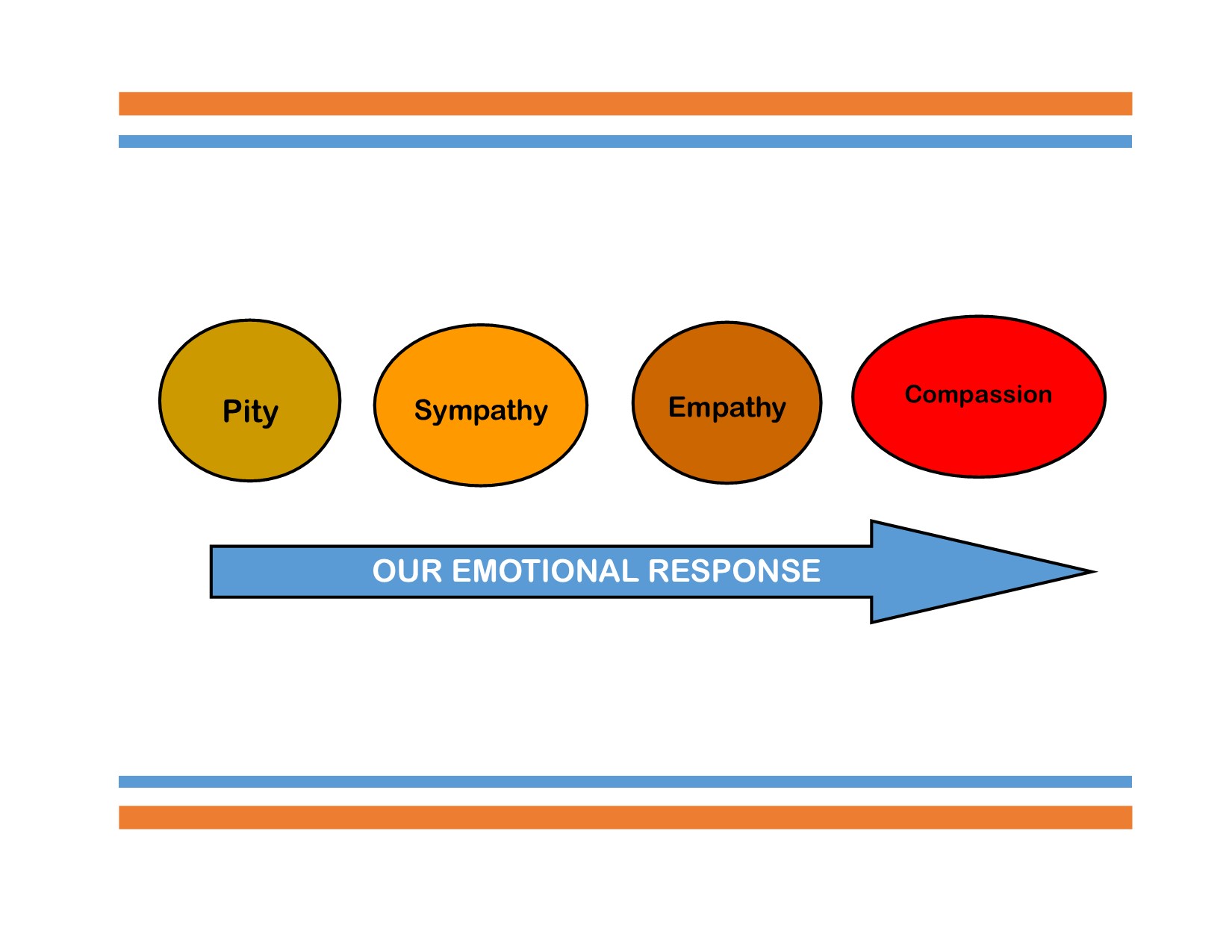Here’s how it all began
A businessman was called away to attend a critical meeting in a neighboring city. Because it was not very far away, he decided to drive versus fly. As often is the case in car travel, he decided to stop at a familiar rest area along the way. Unfortunately, during that stop, he was robbed and brutally beaten while exiting his car.
As he laid on the concrete, two travelers like himself stopped, but when they noticed him bleeding on the ground, retreated back into their cars and quickly drove away. Finally, a traveler pulled alongside him and seeing his situation, came to his aid. This last traveler loaded the businessman into his car and took him to the nearest hospital.
Does this story sound familiar? This is my 21st century version of the Good Samaritan found in Luke 10:25-37. The context for Jesus’ teaching was the question posed to Him concerning loving others and defining who is one’s neighbor? Who are we to love or have a heart for?
I will use this familiar text to begin our study on compassion. What is compassion and why is it important for us to express it to others?
What’s it all about?
Dr. Luke’s story, sad to say, is not unfamiliar in our society today. We’ve heard stories about crowds who witnessed harm to another person right in front of them but chose to turn their head or back on the situation.
On a broader scope, we see social injustices and human needs accelerate in our cities. Homelessness, food insecurities, and economic disparities, are all too familiar examples of where society has figuratively, turned their back. Why? What are we missing? Do we have a heart? Where is our compassion?
Compassion by any other name
There is much confusion as to the difference between pity, empathy, sympathy, and compassion. Perhaps because we tend to use these nouns to describe our reaction to pain and suffering. While these words are close cousins, they are not, however, synonymous with one another.
While there are broader details around the meaning of these emotions, I will try to be as simple as I can, for the purpose of this teaching.
-
- Pity. We acknowledge a person’s suffering. “I really feel sorry for those who loss their life in the earthquake.”
- Empathy. We understand what the person is feeling. “I felt the same way when I loss my job.”
- Sympathy. We feel what a person is feeling. “I was also harassed during high school.”
- Compassion. We are willing to relieve the suffering of another. “I will help you end your pain.”
Authors studying these emotions, find that placing them on a continuum helps us better understand their differences including the key factors that affect our response to human suffering and pain, i.e., effort, understanding, and engagement.
 Compassion is the feeling of sorrow or pity excited by the suffering or misfortunes of another.
Compassion is the feeling of sorrow or pity excited by the suffering or misfortunes of another.
Compassion is made up of two words: “com” which means with or together; “pati” which means to suffer. Together one suffers with another.
What’s our response?
When we view the misfortune of others on social media, are we moved to sorrow or pity? As we look at famines and wars in countries thousands of miles from us, what is our emotional response? Sympathy? Does your response change, based on the specific situation or person? What moves us from pity to compassion?
I close with a few quotes on compassion to help us understand it is needed more than ever for what afflicts us in the 21st century. What does it take for us to have a heart?
True compassion is more than flinging a coin to a beggar; it comes to see that an edifice which produces beggars needs restructuring. Martin Luther King, Jr.
I would rather make mistakes in kindness and compassion than work miracles in unkindness and hardness. Mother Teresa
When we focus on ourselves, our world contracts as our problems and preoccupations loom large. But when we focus on others, our world expands. Our own problems drift to the periphery of the mind and so seem smaller, and we increase our capacity for connection or compassionate action. Daniel Goleman
Compassion is an action word with no boundaries. Prince
The LORD is gracious and full of compassion. Psalm 111:4


